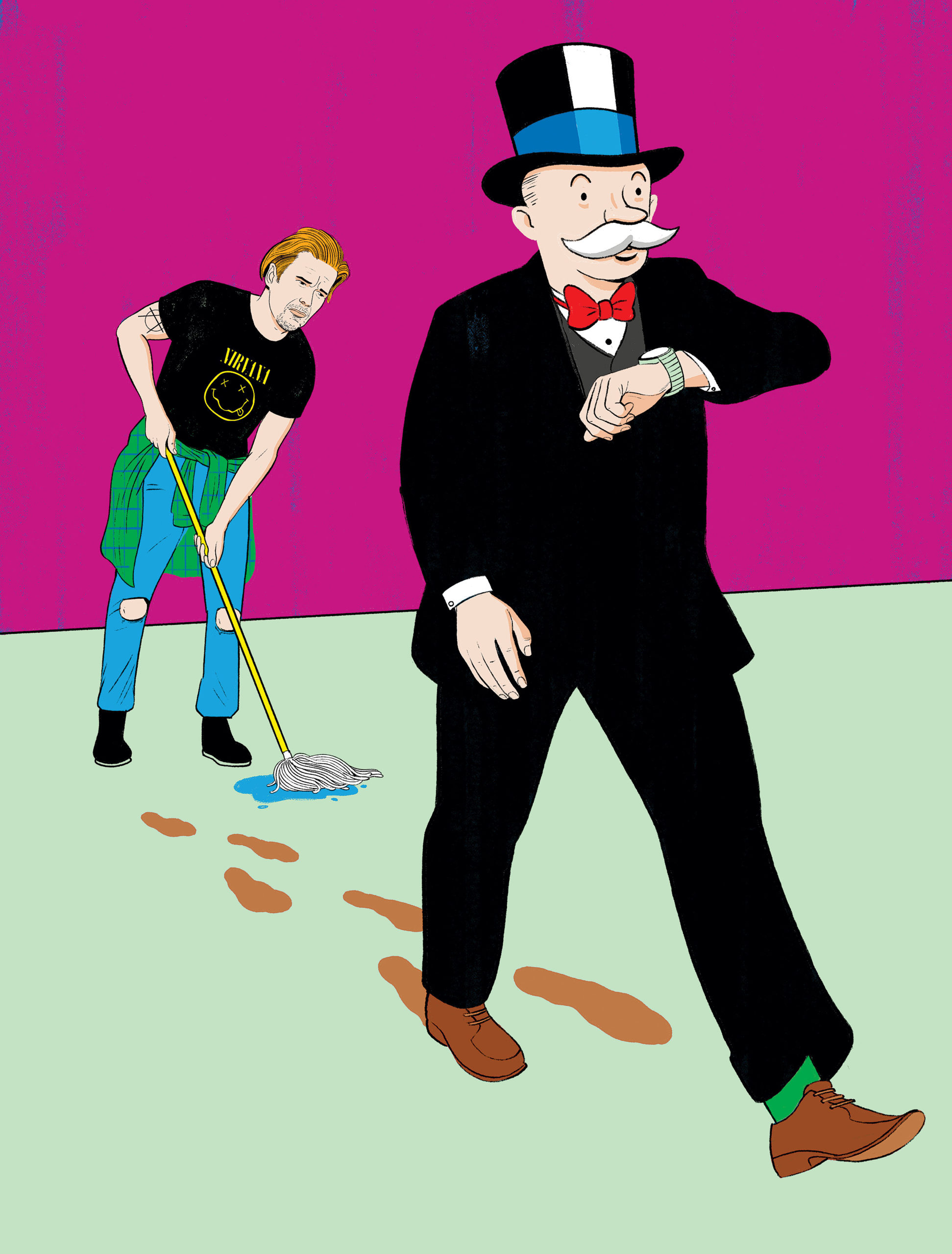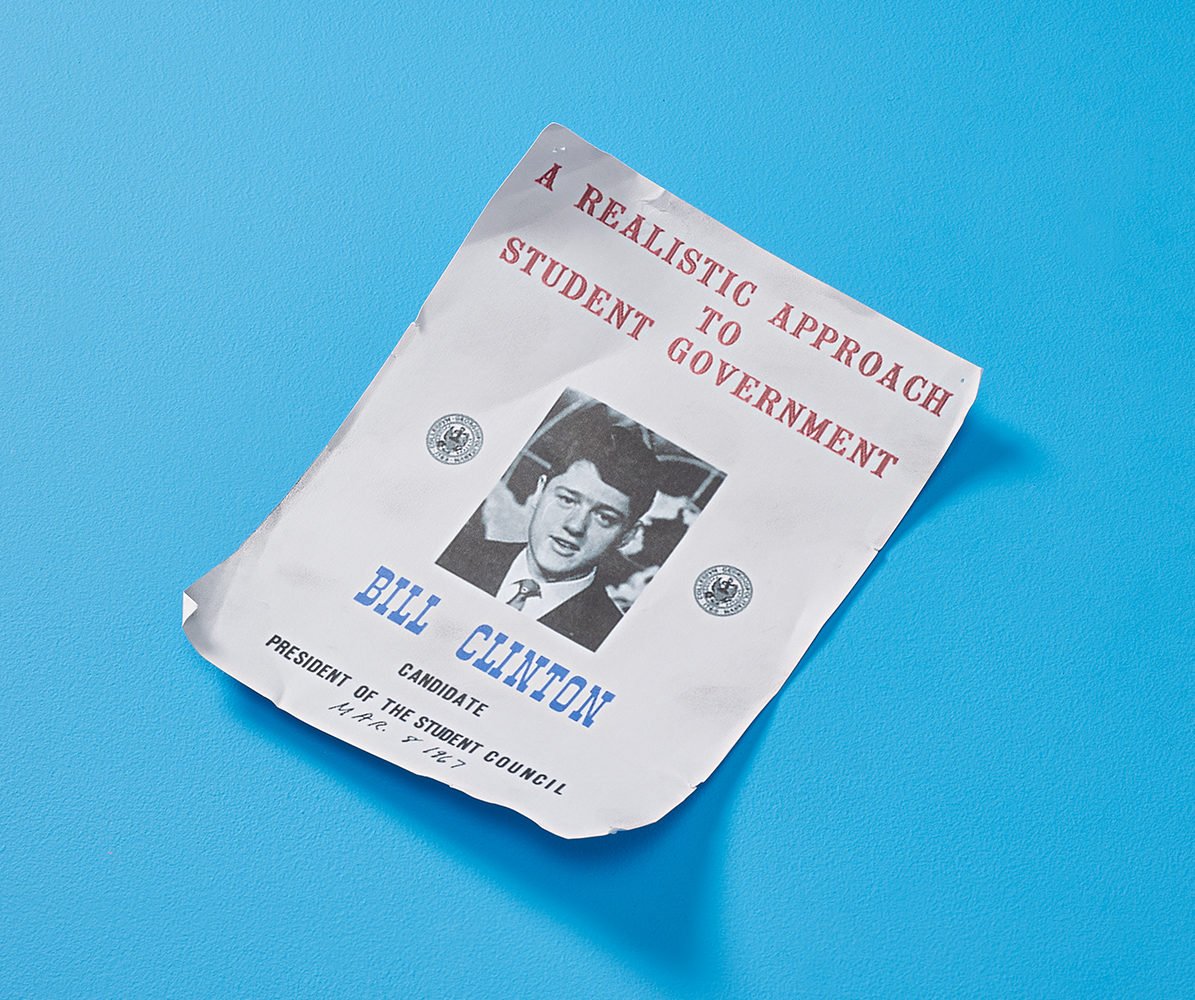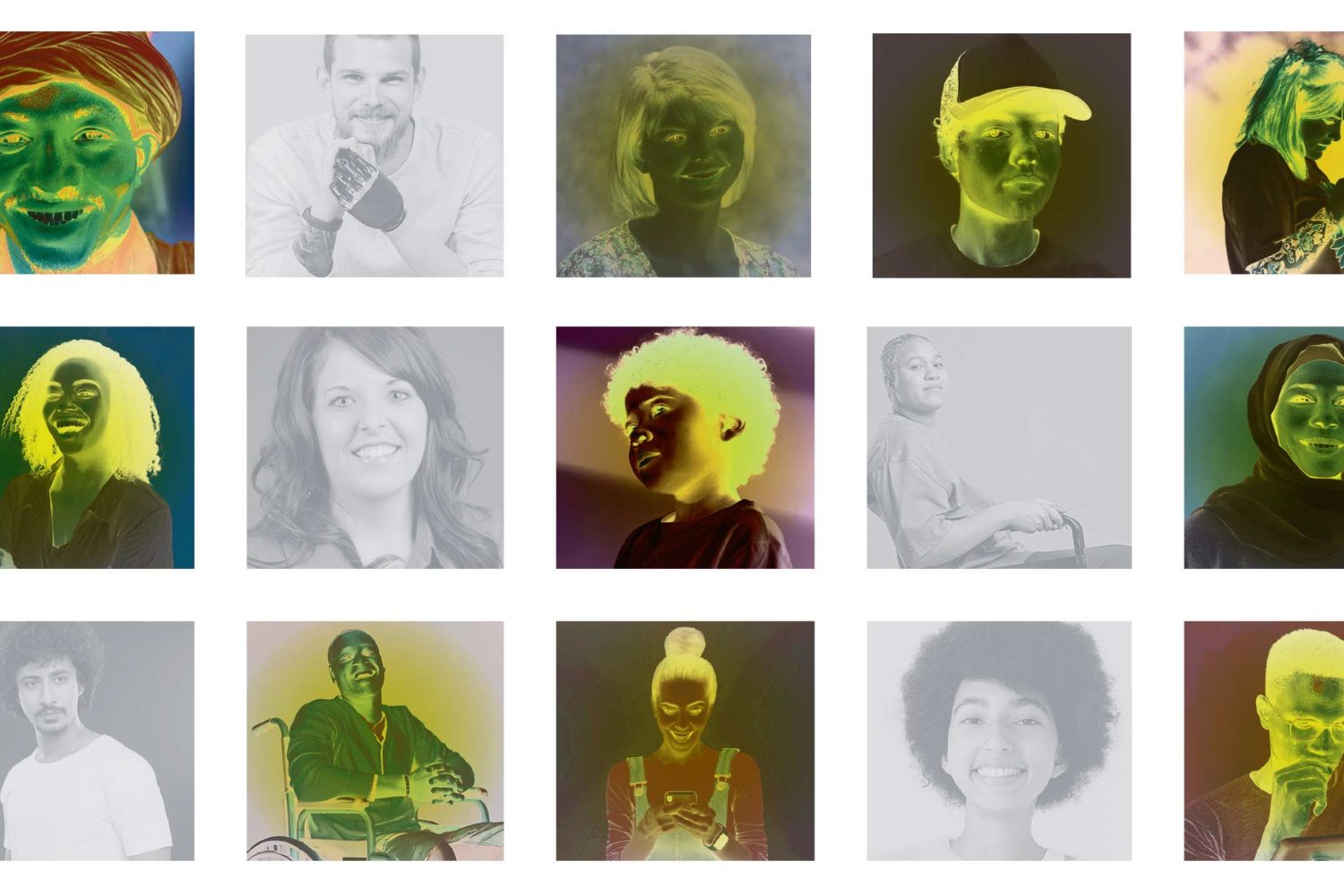In January 1993, this magazine marveled that with the inauguration of Bill Clinton, “power is falling into the grip of men and women who weren’t even born on December 7, 1941.” Twenty-six years later, those of us who were teenagers when Challenger exploded are still waiting for our turn to run things.
In theory, it ought to be our moment. Generation X is hitting its forties and fifties—the traditional sweet spot for power and influence. On paper, at least, we should be unbeatable. The generations above and below us may be the most widely disdained in American history, the boomers for saddling America with debt and dysfunction, the millennials for, well, being the millennials.
And yet. The two Democratic front-runners to challenge Donald Trump were born in 1942 and 1941. The speaker of the House was born in 1940, the chief justice of the United States in 1955. Every Gen-Xer knows in his or her heart that by the time these boomers retire, some millennial will get the job instead. The biggest star in the current Congress, after all, was born in 1989.
Being passed over is nothing new to those of us who grew up in what the Pew Research Center calls “America’s neglected ‘middle child’ ” generation. We were born between two huge cohorts, and our lack of a nickname became our nickname. We are a demographic Prince Charles (though the British royal family, naturally, doesn’t actually have any Gen-Xers high in its line of succession). Like Charles, we’re aware that we’ll be too old to rule if the time ever comes, yet unable to make ourselves . . . care.
Whatever. As Ethan Hawke said in Reality Bites, we are not under any orders to make the world a better place.
In Washington, the landscape is particularly surreal for people who came of age in the ’80s and ’90s. As it has been recreated over the last couple of decades, the District has become cleaner, safer, richer, and more populated. But in the process, the city many of us lived in as young adults has vanished. Even former yuppies—remember them?—have had their memories gentrified.
Every Gen-Xer knows in his or her heart that by the time these boomers retire, some millennial will get the job instead.
People who snagged their first solo apartments or commuted to their first jobs in the ’80s and ’90s did so in a city shaped by flight and economic malaise. Millennials’ tales of unaffordable stadium-area condos are as alien to our experience as older generations’ memories of streetcar rides to bustling downtown department stores.
One side effect of this was a more casual attitude, at least by DC standards, toward résumé-building. We were probably the last generation to know what it was like when you could live in Washington and be underemployed. That let us unleash an epic music-and-art scene in both the white and black communities. It survived an influx of corporate money, only to see people’s nightclubs and cheap apartments get washed away by a thriving economy that didn’t need us—and boomers who could afford to pay their millennial children’s bills.
To be fair, it’s not as if we have much of a bench when it comes to defending ourselves against the clowns above and below us. You could hold a convention for powerful Gen-Xers in Amanda Woodward’s apartment. Appropriately, most of them have been disappointments. It’s true that one of our cohort, Paul Ryan, became speaker of the House—before quitting with his responsible-wonk reputation in tatters. On the presidential trail, Beto O’Rourke, Kirsten Gillibrand, and Cory Booker appear fatally sandwiched between a pack of boomers and a millennial.
The political melodrama that thrust a part of our generation’s experience into the national spotlight came when one of our own was nominated for the Supreme Court. The Brett Kavanaugh hearings were set against a familiar backdrop of parents off at work and under-programmed teens able to easily score alcohol for house parties. Most of us watched the hearings in horror, because no matter how we felt about him, it turns out our generation’s defining conflict wasn’t the Gulf War or punk versus indie or even OK Cola versus Evian. It was jocks versus nerds. And the jocks won.
Still, maybe, just maybe, Generation X’s lower-intensity experience of adulthood is just what our anxious, polarized city needs. Our local pols, such as DC mayor Muriel Bowser, are actually pretty popular. Just thinking of Washington as something other than a thunderdome can be a useful trait.
But if there’s no future for us, it’s an outcome we’re sadly comfortable with. In 1997, Time reported that most of us believed General Hospital would outlast Medicare. That may yet turn out to be a pretty good bet!
We have one ace up the sleeves of our faded no fear shirts, though. It’s called Generation Z, and we hope we’ve filled enough of them with our post-punk nihilism and economic pessimism to give millennials waking nightmares for the rest of their existence. Go ahead and ignore us all you want. We’ll be in the gas-station convenience store, dancing ironically to “My Sharona” and using lots of air quotes when we talk about you. And our kids? Like us, they consider both boomers and millennials to be kind of useless, and they understand memes a lot better than we do. Good luck surviving them.
This article appears in the July 2019 issue of Washingtonian.



















